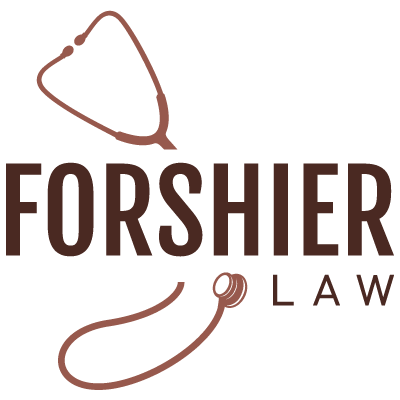By Barbara Forshier on February 6th, 2020 in Diversion
You have an appointment in HR with Nancy Nurse. She is being investigated for 1) having the highest narcotic usage on the unit; 2) wasting the most narcotics of any nurse on the unit; 3) missing narcotics (removed from medication administration machine, but no record of administration); 4) medicating other nurses’ patients without their request; and 5) patient complaints.
How do you coach this nurse prior to the investigatory meeting? Will you ask her to tell you/the employer whether or not she is diverting drugs? What can you offer her if you believe she may have an issue with drugs?
Is there a privilege for communication between a union steward and a nurse? What is privilege? Privilege is defined by Black’s Law Dictionary as “A special legal right, exemption, or immunity granted to a person or class of persons…” If a legal privilege exists, the person holding the privilege does not have to testify about what he/she knows and does not have to provide certain evidence to the court during the discovery phase of a lawsuit.
Some well known legal privileges are marital, physician-patient, attorney-client, psychotherapist-patient and clergy privilege. There is, at this time, limited union steward-member privilege in certain states. Union stewards, in their role, are often like an attorney, investigating and defending/advocating for the member in a disciplinary or other matter. Some states, like Illinois for example, have had legislative action or case law determine that there is such a privilege for a union steward who obtains information while working in his/her official union capacity.
The National Labor Relations Board (NLRB) allows for a privilege where it has prohibited demands by an employer to discover confidential union member-union steward communication during the grievance process. While it may be expected that there is a privilege on communication-related to employment, what about allegations of a criminal nature?
If Nancy disclosed to you that she is diverting drugs, what do you do? What is your responsibility now that you know? First of all, under the Minnesota Nurse Practice Act (NPA), there is a reporting obligation. As a licensed professional you ‘shall’ report any knowledge of conduct that may be grounds for discipline by any nurse, including grounds that the nurse may not be fit to practice safely. So could you, as the union steward, get in trouble for not reporting? Additionally, diversion is a crime and the nurse could be prosecuted for 5th Degree Felony Drug Possession. Could the union steward be called to testify against the nurse?
A small group of attorneys who represent nurses at the Minnesota Board of Nursing meet quarterly to discuss such issues. This group has determined that best practice may be, NOT to ask the question about diversion and certainly NOT to allow the nurse to admit to diversion, thereby giving up their 5th amendment right against self-incrimination.
Attorneys who represent nurses across the country (The American Association of Nurse Attorneys (TAANA)), have questioned some union steward’s knowledge regarding this topic. The unknowing steward, who only has the best intentions, may unwittingly be damaging the nurse member’s defense in a potential future criminal matter if they request disclosure of criminal activity from the nurse.
I’ve provided this information/education to MNA union chairs during several MNA training sessions. Additionally, in August I, along with MNA staff, spoke to MNA members and attorneys at the TAANA national convention post-conference seminar held in Minneapolis. There I discussed how union stewards can assist members by having knowledge about the NPA, as well discussing recent law regarding obtaining witness statements. Unions and attorneys representing nurses in licensure must all work together to ensure the best representation possible, beginning at the workplace and through whatever actions may follow.
